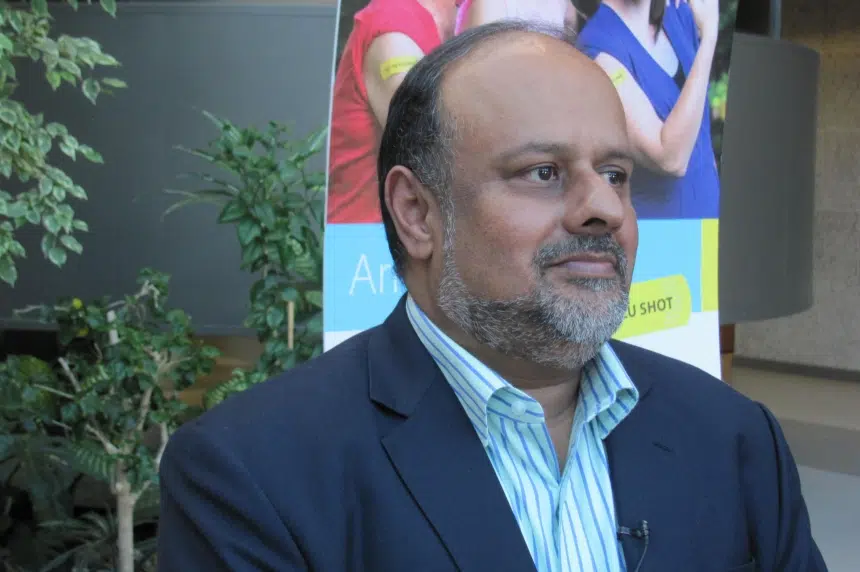It has been a couple of months since the first transmissions of the coronavirus in November, but Saskatchewan still doesn’t have any confirmed cases.
According to the Ministry of Health’s chief medical health officer, Dr. Saqib Shahab, 15 people in the province have been tested for the virus. Fourteen of those tests have come back confirmed negative with one test still pending.
Many people have questions about the virus, though.
“Through the health line we’re getting regular calls and inquiries from people who have travelled and have questions. We’ve got a total of 86 calls over the last couple of weeks,” Shahab said Thursday.
There have only been seven confirmed coronavirus cases in Canada, all in either Ontario or B.C. Shahab said people are being very diligent about self-isolating when they come back from travelling.
“There’s very little ongoing risk (in Canada), even if we were to have a case. But obviously, if we had a case we would look at the circumstances and update the Saskatchewan public,” said Shahab.
Public health officials around the world are taking many precautions when it comes to the coronavirus because they want to contain the virus and make it just go away like SARS did. But Shahab said that can be hard to predict.
“We are hoping that it will go away like SARS, but obviously, if it continues to show person-to-person spread in other parts of China and in other countries, especially in southeast Asia, we will have to revisit our planning assumptions,” explained Shahab.
Influenza in Saskatchewan
The flu season has been typical in Saskatchewan this year, according to Shahab.
“The message really is that if you’re out and about, influenza is what you need to be aware of, and so stay home if you’re sick, stay home from school. If you have a cough or a cold while you’re out, cough in your sleeve, wash your hands often, and once you’re well you can go back to school or work,” said Shahab.
Since the update last week, Shahab said there haven’t been any deaths or any more admissions to intensive care units due to influenza, though there have been two more outbreaks in long-term care facilities.
Preliminary estimates on how well the flu vaccine worked this year won’t be available until the end of February or early March, but Shahab said that shouldn’t tell people whether to get the vaccine. He said they should be getting vaccinated anyway.







